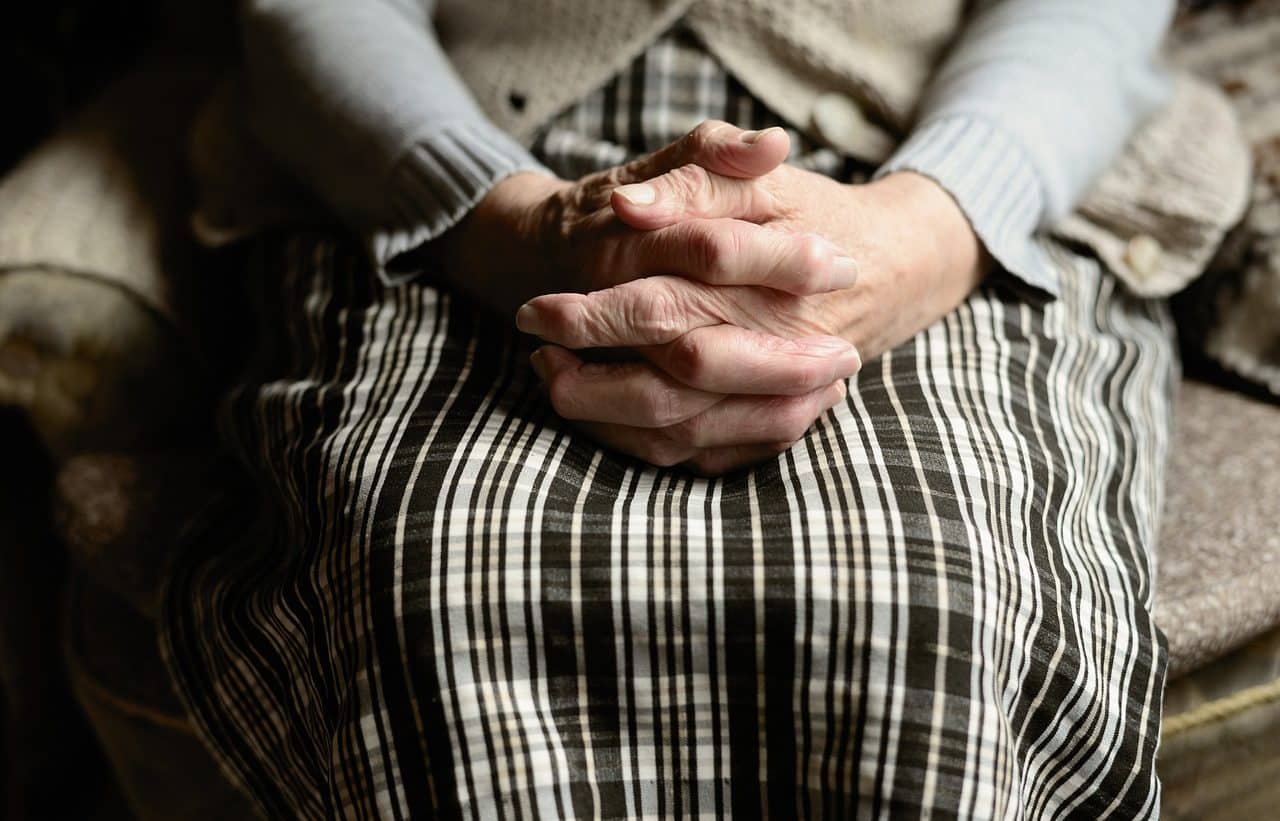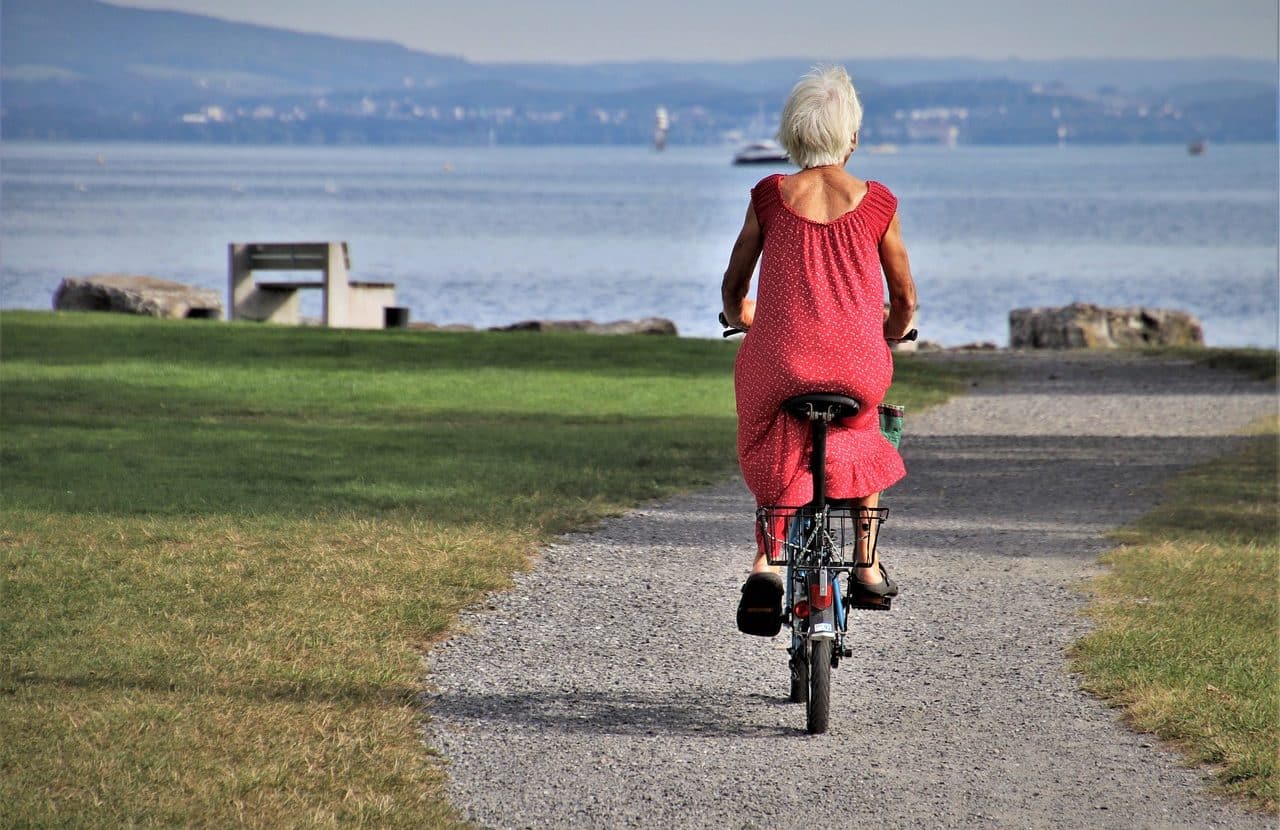
Menopause involves the natural cessation of menstruation.
Menopause is a concept that refers to the female climacteric or the natural cessation of menstruation . Biology , on the other hand, defines the climacteric as the period of life that precedes and follows the extinction of genital function .
In order to determine the etymological origin of the term, we would have to establish that it is a word that arises from the French ménopause . The doctor Charles de Gardanne was the one who created this word from two Greek words: men , which can be translated as "month" , and pausis , which is equivalent to "pause" .
What is menopause
Menopause, therefore, is another stage of the reproductive aging process that is characterized by the permanent cessation of menstruation (the expulsion of blood through the vagina from the uterus that characterizes the beginning of the female sexual cycle).
The usual thing is that menopause begins around 45 years of age . From then on, the menstrual cycle loses regularity due to a drop in estrogen and progesterone levels. It should be noted that the use of contraceptive medications and certain types of surgery (such as hysterectomy and oophorectomy ) can also cause menopause.

A woman with menopause can continue to enjoy a full life.
Its consequences
The cessation of menstruation is not the only consequence of decreased levels of female hormones. Menopause can also cause hot flashes, palpitations, dizziness and insomnia. On the other hand, metabolic changes cause an increase in body fat and loss of bone mass.
Along with physical changes, menopause brings various emotional changes in women. The stress and irritability experienced at this stage can lead the person to overeat or abuse alcohol.
All this without forgetting that other symptoms or consequences that menopause brings are the following: dizziness, increased risk of suffering from cardiovascular disease, increased possibility of suffering from osteoporosis , decrease in the size of the uterus and ovaries, reduction libido, greater dryness of the skin, difficulties in achieving concentration...
How to deal with menopause
In order to cope with all this set of symptoms experienced by women who have menopause, it is recommended that they carry out a series of measures that will allow them to cope better:
- Practice sports regularly.
- Reduce consumption of coffee or exciting drinks.
- Optimize intimate hygiene to avoid suffering from dryness problems.
- Have an active social life.
- Practice relaxation techniques in situations of stress and anxiety.
- Carry out exercises to strengthen the pelvic floor and thus avoid having urinary incontinence problems. In this sense, it must be highlighted that we must opt for the so-called Kegel exercises.
- End the smoking habit.
- Eat a healthy and balanced diet, where fruits, vegetables and dairy products play a leading role.
Despite all the inconveniences that these changes bring, the social conception of menopause has changed in recent years and the process has lost its negative charge, being accepted as another stage in a woman's life without losing its fullness .
